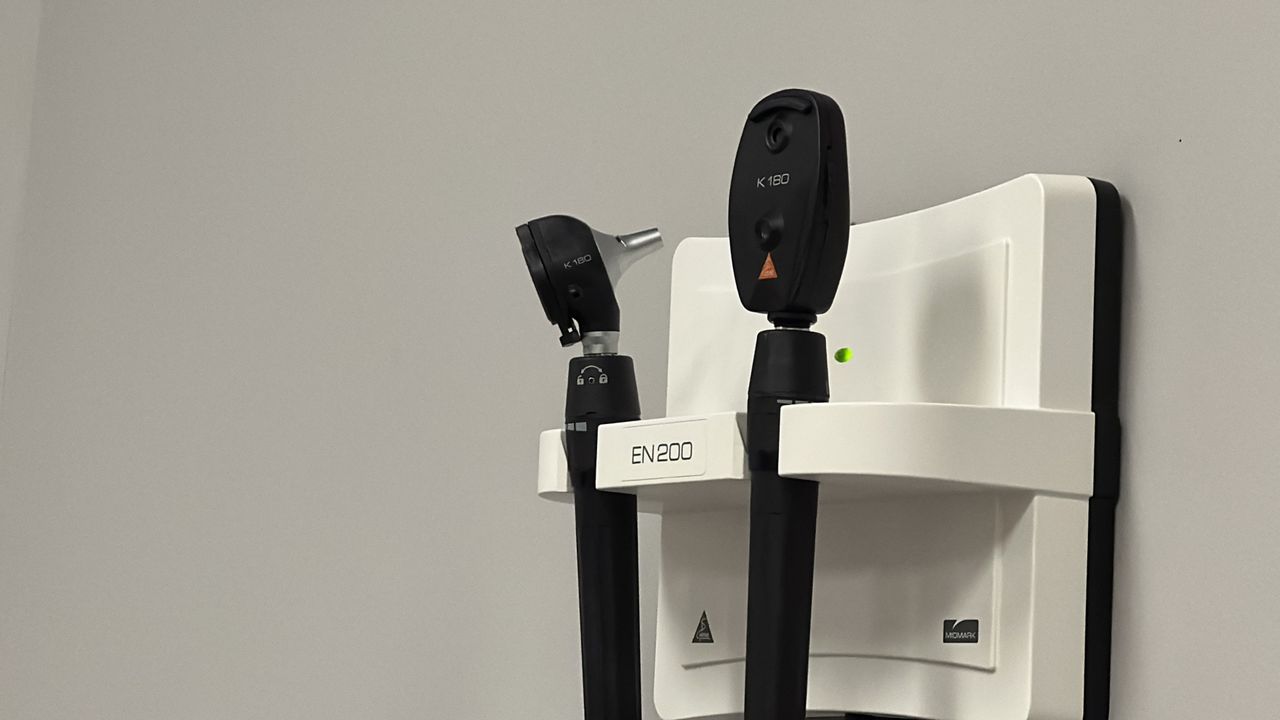LOUISVILLE, Ky. — From the very beginning of the COVID-19 pandemic, jails were a problem area of community transmission.
“Jails were not designed for a pandemic,” said Steve Durham, assistant director for the Louisville Metro Department of Corrections.
What You Need To Know
- After a quiet June, cases of COVID-19 have increased inside the Louisville Metro Department of Corrections
- The rise in cases follows a similar trend Kentucky and the country is experiencing
- Jail staff routinely test inmates and also offer vaccines
- A "majority" of new COVID-19 cases inside the jail are from unvaccinated people, according to a jail spokesman
Too many people, all close together, makes it difficult to keep an airborne virus from spreading.
Even as case numbers dropped, Durham said staff members there still took precautions.
“We’re cleaning high-touch areas. We’re doing some deep-cleanings of dorms, getting everybody up, cleaning top to bottom in there,” he said. “We’re giving sufficient supplies to the inmate population to take care of their housing space and clean up and sanitize, and it has the appropriate chemicals to kill this virus.”
In the month of June, Durham said there weren’t many cases of COVID-19 inside the jail — maybe one or two here and there — but then July rolled around and the numbers started rising.
At this point, there are 21 inmates who have tested positive for the virus, although the number was higher earlier this month before some of the inmates who tested positive were released.
The rise in cases falls in line with what is happening across Kentucky: after a long, steady decline from the spike in cases this winter, the number of new cases went from 215 on July 1 to 669 on July 14.
The rolling average of new cases is at its highest point since late May, according to state figures.
Captain Darrell Goodlett with Louisville Metro Corrections said he’s watching the situation carefully.
“I think worried would be the wrong word. I’m concerned about it and definitely want to increase efforts as far as sanitization, vaccination, testing, quarantines, all those things to mitigate it,” he said. “But we have good processes and we’ve worked at this for several months and I have no doubt that we’ll get back to a good space.”
Durham isn't sure how much of a role the Delta variant is playing with the rise in cases at the jail, but he said staff will continue testing inmates and offering vaccines to anyone who wants one.
Louisville Metro Corrections has had 472 inmates test positive for the virus since the pandemic started and all but 21 of which are no longer in the jail.
More than 1,100 inmates have been vaccinated.










